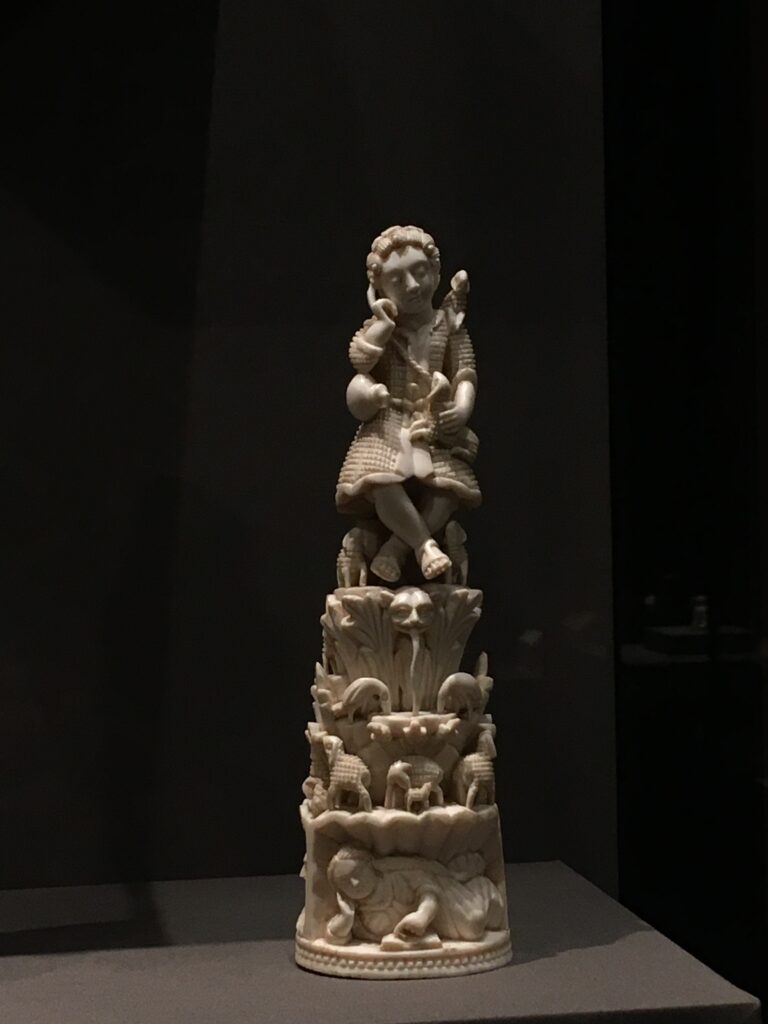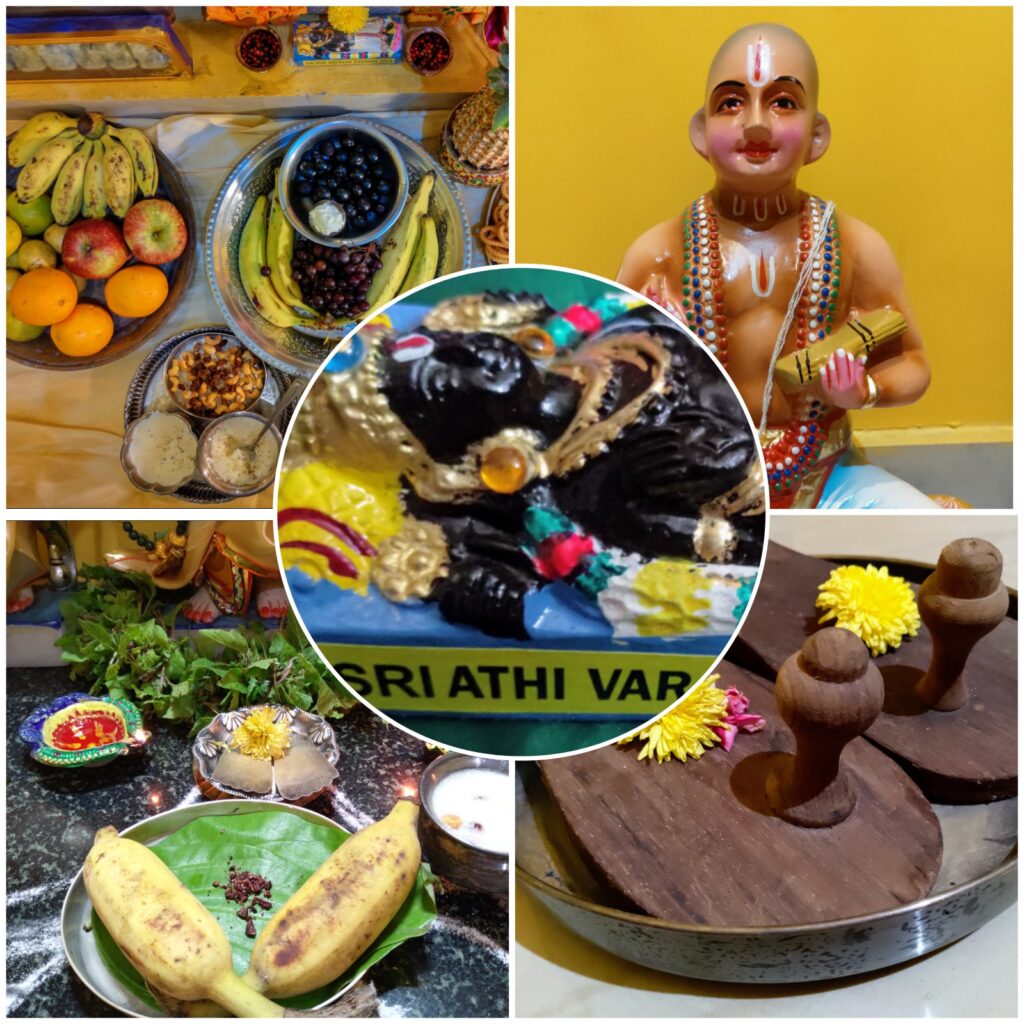This post is the European continuation of Andrew Nicholson’s one (see here).
Sanskrit philosophy is taught in at least two different places in Europe: (South) Asian (or Oriental or Indological) Studies and —less often— Philosophy departments. The dominant trend of US universities, where Sanskrit philosophy is taught predominantly in Religious Studies departments is only evident in the UK. Departments of Asian Studies, of Oriental Studies or of Indology, often have a philological focus (so that knowing Sanskrit or other relevant languages is strongly recommended, although not always compulsory), whereas studying Sanskrit Philosophy in a Philosophy department may imply having to avoid Sanskrit.
Further elements for non-European students and scholars:
1) university fees are by and large very low in Europe (between nothing and 1,500 E per year for full-time students) and in many countries funding is available, so that one gets paid for being a PhD student —very often being a PhD student is much easier than being a post-Doc!
2) the main point of a PhD course in Europe is the final output, i.e., your dissertation. You might have to attend classes (or not), but the main focus should remain the fact of becoming an independent researcher, and this is proved by your ability to write a book on your own.
3) in countries such as Germany, Austria, Poland, France…, you can only choose as your supervisor someone who has a Habilitation. Think about who has it before applying to an institution in the hope to be working with Prof. X or Dr. Y.
4) do not choose a certain department on the basis of your expectations to have a career in Sanskrit Philosophy. Write a PhD in Sanskrit Philosophy (only) because you are interested in it. There are little or no SLACs in Europe and in this sense you cannot really plan a career as a university teacher of Sanskrit Philosophy in Europe (you might have a few more chances as a researcher within larger projects, but this involves being willing and able to do research with others, or alone and to apply for fundings).
Now, a disclaimer: the European landscape of research related to Sanskrit philosophy is variegated. I have surely forgotten many institutions (for instance, as far as I know, there is no one working on Sanskrit philosophy in Spain, Portugal, Greece, Malta…is this really the case?) and have not been exhaustive in the case of others. I rely on readers for emendations and supplements.
The elements which will be listed, beside the universities, are: AOS, whether funding is possible and whether it is possible to write one’s PhD thesis in English. In all cases, no information does not mean that it is impossible, it only means that I have no information about it.
I have omitted Russia from the list because I would not advise international students to move to Russia at this moment. For different reasons, I have omitted Ukraine.
AUSTRIA
University of Vienna (Institute of South Asian, Tibetology and Buddhist Studies): The Institute has a matchless paramparā of scholars in the history of Sanskrit philosophy. However, at the moment (I will update this post if a successor of Karin Preisendanz will be designated and if they work on Philosophy, but at the moment this looks very unlikely) there is NO supervisor for Sanskrit Philosophy at the University. You may want to contact the 1–2 people at the IKGA (Institute for the Cultural and Intellectual History of Asia, Austrian Academy of Sciences) who have a habilitation (see point (3) above) and might want to supervise you (especially in Buddhist epistemology), but the classes you will have to attend at the university will not be taught by them. Only the university can bestow doctoral degrees.
University of Vienna (Institute of Philosophy) They have recently advertised a position in “Eastern philosophy”. It remains to be seen whether they will hire someone who is competent and willing to supervise theses in Sanskrit philosophy.
Limited funding possibilities: through the FWF, the Academy of Sciences or the University itself (in all cases you need the approval of a supervisor and they might need to apply for a project within which you will be able to finance your position)
BELGIUM (possibility to write a PhD thesis in English)
Ghent (dept. of languages and cultures of South and East Asia) (Jainism, Buddhism, Indian Philosophy); funding possibilities: FWO (regional) and BOF (university) (Eva De Clerq, Lucas den Boer, Agnieszka Rostalska)
Louvain, Université catholique de Louvain (Catholic University of Louvain in Louvain-la-Neuve):
—(Faculty of Letters, Oriental Institute, with Christophe Vielle)
—(Faculty of Theology, Religious sciences). Please notice that the successor of Prof. Cornu, who will probably be a specialist of Buddhism, will only be designated in 2027. Meanwhile, theses are possible with Prof. Vielle and other profs.
Funding possibilities: FRS-FNRS (regional) and FSR (university)
CROATIA
Zagreb (Humanities) (Upaniṣads, Vedānta) (Ivan Andrijanić)
CZECH REPUBLIC
Charles University of Prague (Institute of Asian Studies); (Institute of Philosophy & Religious Studies) (but note that in 2024–2025 Prof. Lubomir Ondracka will not be available and hence no one will supervise theses for students starting at that point)
FRANCE (possibility to write a PhD in English)
Paris, EPHE (4th section and especially 5th section, “Sciences Religieuses”) (Brahmanical systems, Buddhist philosophy (including Tibetan), Śaiva philosophy, philosophy of language (Sanskrit and, in case, Tibetan), Vyākaraṇa; funding available through a competitive scholarship contest (Vincent Eltschinger, Jan Houben)
Sorbonne Nouvelle (Department of Indian Studies) (Buddhist and Brahmanical philosophy, special focus on Śaiva philosophy); funding available through a competitive scholarship contest (Isabelle Ratié, Daniele Cuneo [now on leave])
NB: some directors of studies affiliated to the EFEO (Ecole française d’Extrême-Orient, mostly based in Paris and Pondicherry) (like Hugo David) or to the CNRS (Centre National de la Recherche Scientifique, Paris) may also accept PhD students, although those institutions do not directly deliver diplomas.
GERMANY (possibility to write a PhD in English, very low fees, special emphasis on Sanskrit texts, so that critical editions (also) of philosophical texts are possible also at other locations) (in all cases below, the universities have an “institute of Indology” or something similar)
Hamburg (Nyāya, Vaiśeṣika, Tantrism, Kaśmīrī Śaiva Philosophy, Mahāyāna, Tibetan Buddhism) (Harunaga Isaacson)
Heidelberg (Ritual studies, Śrīvaiṣṇavism) (Ute Hüsken)
Leipzig (Buddhist Philosophy (Jowita Kramer); Sāṅkhya, Yoga, Nyāya, Āyurveda, Upaniṣads, Epics (Philipp Maas, who however does not have a permanent position, hence check again if he is still affiliated before applying if you are checking this list after 2024))
Marburg (Śaiva and Kashmirī philosophy, Mokṣopāya, Buddhist Philosophy) (Jürgen Hanneder, Dimitrov Dragomir, Roland Steiner)
Munich (Buddhism, Indo-Tibetan Buddhist philosophy) (Vincent Tournier)
HUNGARY
Budapest, Eötvös Loránd University (dept. of Indo-European Studies): Program in “Buddhist Philology”, led by Péter-Dániel Szántó (all classes in English and theses expected in English); school of philosophy with Ferenc Ruzsa (who has been working on Sāṅkhya, but also on Vasubandhu and much more). Funding possibilities: Stipendium Hungaricum.
ITALY (possibility to write a PhD thesis in English)
Cagliari University (faculty of Humanities) (Sanskrit philosophy, Vyākaraṇa, Dharmaśāstra, Mīmāṃsā, contemporary Sanskrit) (Tiziana Pontillo, Maria Piera Candotti, Lidia Sudyka and Elisa Freschi (affiliated), full funding for 3 years possible (applications usually open in the summer)
Naples University (Oriental Studies) (Sanskrit philosophy, especially Śaivism, Buddhism and Tantrism in general, Sanskrit philology) (Francesco Sferra, Serena Saccone), full funding for 3 years possible (applications usually open in the summer)
Rome, Sapienza University (Oriental Studies) (Mokṣopāya) (Bruno Lo Turco), full funding for 3 years possible (2–3 funded position per year, some of them are reserved for international students) (applications usually open in the summer)
Turin University (Asian and African Studies) (Indian religions and philosophy, especially Advaita Vedānta and Buddhism), (Gianni Pellegrini, A. Pellissero) full funding for 3 years possible (1 new funded position every second year) (one can write a PhD thesis in any language of the EU) (applications usually open in the summer)
Venice University (Asian Studies) (Indian religions and philosophy, especially Vedānta, Sāṅkhya, Yoga, Dharmaśāstra, Sociology of Indian religions), (Federico Squarcini, Antonio Rigopoulos) full funding for 3 years possible (1 new funded position every year, but there are often not enough candidates). This PhD program is connected with the Heidelberg university. It might be worth noting that they also have an MA in Yoga studies. (applications usually open in the summer)
NETHERLANDS (possibility to write a PhD thesis in English, all classes are in English)
Amsterdam (Vrije Univerisiteit, Philosophy) (Comparative philosophy, contemporary Indian philosophy, Indian philosophy in vernacular languages) (Monika Kirloskar-Steinbach)
Amsterdam (Vrije Univerisiteit, Religion and Theology) (Avni Chag)
Leiden (Institute for Area Studies) (Buddhist Philosophy), no fees and full funding for 4 or 5 years possible (Jonathan Silk)
Leiden (Philosophy Department), Chinese, Indian and comparative philosophy. Possibility of funding through the NWO (deadline around February, further information here: https://www.universiteitleiden.nl/en/education/study-programmes/master/philosophy-120ec/philosophy-in-world-traditions) (Douglas L. Berger, Stephen Harris)
POLAND
Krakow (Jagiellonian University, faculty of Management and Social Communication (Indian Philosophy, especially Buddhism, Sāṅkhya, Yoga, Advaita Vedānta, Comparative Philosophy, contemporary Indian philosophy) (Marzenna Jakubczak)
Krakow (Jagiellonian University, dept. of Oriental Studies) (Indian Philosophy, especially early Advaita Vedānta and Viśiṣṭādvaita Vedānta, Vaiṣṇavism) (Lidia Sudyka, Halina Marlewicz, Cezary Galewicz)
Poznan (Languages and Literature) (Indian Philosophy, especially ethics) (Sven Sellmer)
Warsaw (dept. of South Asian Studies) (Indian Philosophy, especially Jainism, Mīmāṃsā) (Monika Nowakowska)
SWEDEN
Currently no option possible, but keep in touch with Anna-Pya Sjödin, who is teaching at Umeå and might be willing to accept students of Sanskrit philosophy again there.
SWITZERLAND (possibility to write a PhD thesis in English)
Zürich (Hinduism, contemporary Hinduism, Ethics) (Angelika Malinar, who however will be retiring in 2025, so check who is going to replace her!) (possibility to apply for a six-month grant to write your PhD proposal before starting your PhD)
UK (higher fees, up to 9,000 pounds per year for British students and much more (perhaps 25k pounds) for foreign students —which now means also EU citizens) (some possibilities of fundings through the University, the Colleges and private institutions). In most cases, no Sanskrit is required nor taught (exceptions: Cambridge, Oxford, Lancaster)
Cambridge (Asian and Middle Eastern Studies) (Sanskrit Philology, Vyākaraṇa, Śaivādvaita) (Vincenzo Vergiani, Jonathan Duquette)
Cambridge (Divinity) (Vedānta, contemporary Indian Philosophy) (Ankur Barua)
Cardiff (Religious and Theological Studies) (Buddhist studies and philosophy) (James Hegarthy)
Durham (Philosophy) (Environmental Ethics in Buddhism, Graeco-Roman and Indian Philosophy) (Simon James, Nathan Gilbert)
Edinburgh (Paul Schweizer)
Lancaster (Religious Studies; Philosophy) (Indian Philosophy, especially Vedānta, Early Buddhist Philosophy, Upaniṣads) (Chakravarthi Ram-Prasad, Brian Black)
Leeds (Theology and Religious Studies) (Sāṅkhya, Pātañjala Yoga) (Mikel Burley)
Liverpool (Philosophy) (Vedānta, contemporary Indian philosophy) (C.J. Bartley)
London, King’s College (Philosophy) (logic, epistemology, metaphysics and philosophy of language in India, Greek and modern Western philosophy) NO SANSKRIT (Will Rasmussen)
London, King’s College (Theology) (Yoga) (Karen O’Brien-Kop)
Manchester University (Arts, Languages, and Cultures) (Indian philosophy, especially Vedānta) (Gary Donnelly)
Oxford (Oriental Studies) (Indian philosophy, especially Vyākaraṇa and Mīmāṃsā, Sanskrit philology, Yoga, Buddhist Philosophy) (Diwakar Acharya, Bogdan Diaconescu, Jim Mallinson, Ulrike Rösler)
Oxford (Theology and Religion) (Hindu philosophy, metaphysics) (Jessica Frazier, Jan Westerhoff)
Oxford (Philosophy) (Buddhist philosophy) (Monima Chadha)
Oxford (one might also want to get in touch with the Oxford Center of Buddhist Studies and the Oxford Center of Hindu studies for external tuition)
ACKNOWLEDGEMENTS: I am really obliged to the following people for their help: Robert Leach, Philipp Maas, Monika Nowakoskwa, Nirali Patel.


